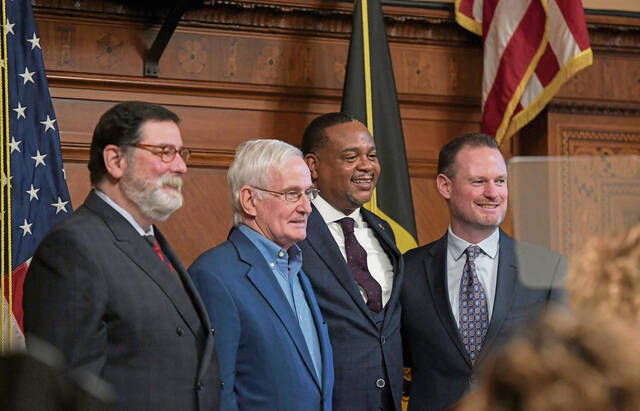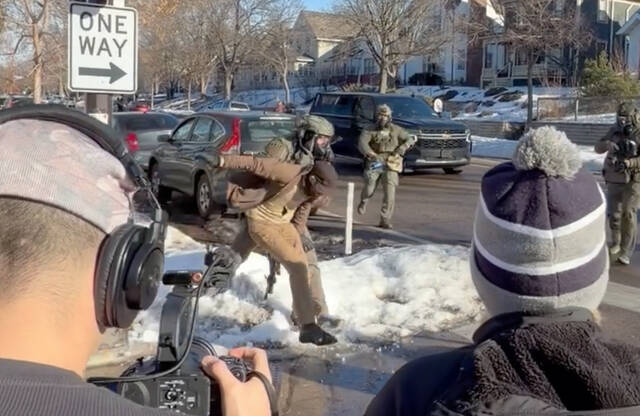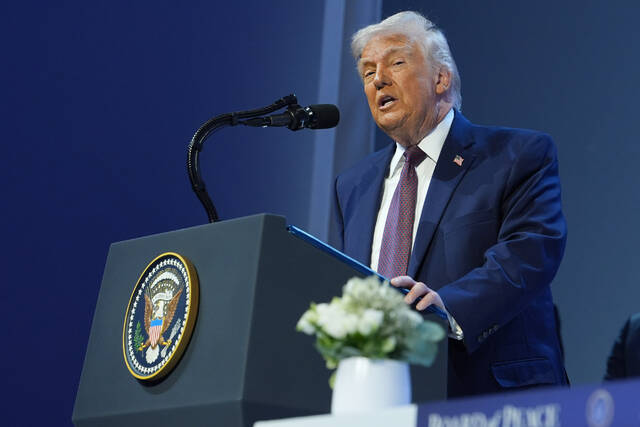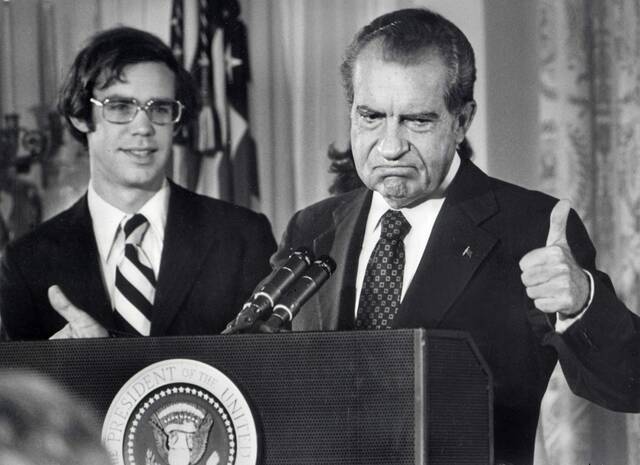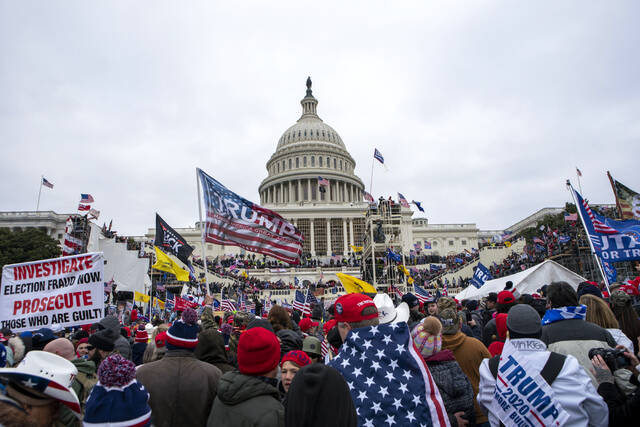With an election upcoming and the promise of a new mayor, Pittsburgh once again is at the crossroads. If there is a chance to escape the post-covid urban malaise that most American cities are experiencing, Pittsburgh will have to revive the public-private partnership model that was invented here and that saved the city twice before.
In the post-World War II years, when the city was still accurately described as “hell with the lid off,” a bright future for the steel city was rarely imagined. The air was thick with soot, and the rivers and streams ran with pollutants.
Democrat David L. Lawrence was elected mayor in 1945. Republican Richard King Mellon had just returned from running the Selective Service system in Harrisburg, taking his position as head of the vast Mellon banking empire and investments. The two had never met.
In his book “Don’t Call Me Boss,” the late Michael P. Weber describes how Mellon confidant Arthur Van Buskirk set up the first meeting between Lawrence and Mellon with an offhand suggestion that changed the future of Pittsburgh.
When Mellon asked his aides if he should invite Lawrence down to the bank for a meeting, Van Buskirk said, “The generous offer would be for you to leave your office and go over to visit the mayor.” Mellon balked but was persuaded, and he walked to City Hall, surprising Lawrence. Later, Lawrence paid Mellon a visit at his office.
“Few more incongruous meetings had perhaps ever taken place,” wrote Weber. But those meetings turned into the Pittsburgh Renaissance — clean air and streams, the clearing of slums, Gateway Center, the creation of the Golden Triangle and Point State Park. Modern Pittsburgh was born.
That winning strategy had to be refined and expanded in the 1970s when newly elected Mayor Richard Caliguiri faced the loss of 100,000 steel jobs in our region, a stalled Downtown and struggling neighborhoods.
It is impossible to list in a short column all the ways that private development can be either fast-tracked or delayed to death by either cooperation and leadership from municipal government or obstruction.
Caliguiri dealt with this problem by forming the Mayor’s Development Council. The council was chaired by David Matter — the mayor’s executive secretary and chief of staff — and the members included the heads of the development-related agencies of city and county government. To keep projects moving, the group met every Thursday morning in the mayor’s conference room.
“The purpose of the council was to promote development by providing a unified multi-agency response to private development efforts and to initiate and execute city-sponsored programs and projects to revitalize the city,” according to Matter.
“The city’s corporations and developers frequently made presentations to the Development Council, and that led to the public-private working groups that successfully managed the development effort.”
That strategy was a monumental success and became known as Pittsburgh’s Renaissance II. It included the development of PPG Place, One Mellon Center, One Oxford Centre, Fifth Avenue Place, EQT Tower, the Westin Convention Center Hotel, the Federated building and the Benedum Center. The council also focused on the city’s neighborhoods, working to create Pennsylvania’s first home ownership and home improvement bond programs.
Lawrence and Caliguiri were followed by mayors who kept Pittsburgh growing and on track, like Sophie Masloff and Tom Murphy. Both of the recent Bill Peduto and Ed Gainey administrations gave the high hat to the city’s business and institutional partners, taking Pittsburgh nowhere fast. The next mayor must make a clean break with them if there is to be a Renaissance III.


